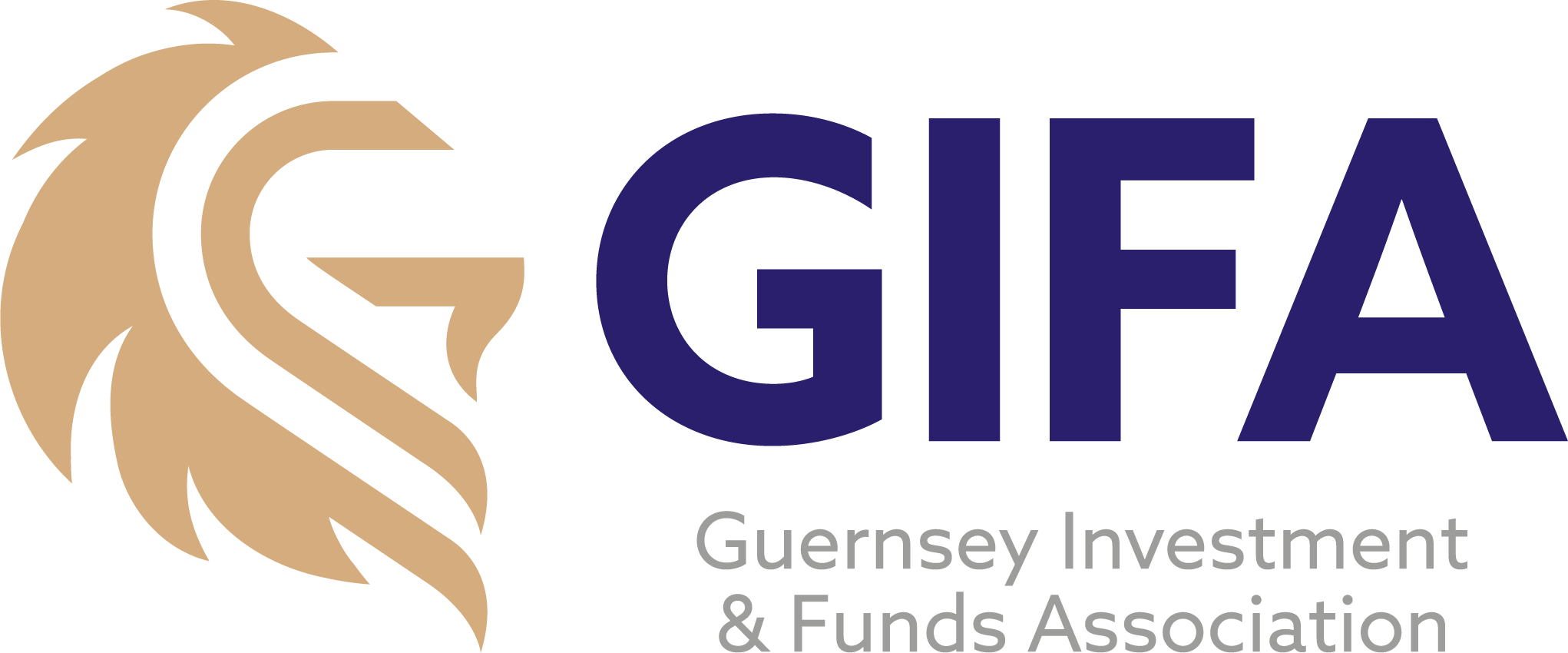Charitable giving is deeply rooted in Middle Eastern culture, and Middle Eastern clients are turning to Guernsey for its range of structures available for philanthropic causes. In this blog, Walkers Group Partner Rajah Abusrewil explores why.
Charitable giving in the Middle East is part of the fabric of society. But traditionally, publicising philanthropy is less common. Individual families in the region have been very successful in their wealth creation and many are in the early stages of formalising their own asset protection and succession planning journey.
Focusing on the next generation, and future generations after that, can act as a catalyst for families to consider formalising their own philanthropic goals. As a result, there are a considerable number of programmes being set up in the region, as well as significant funding to focus on development, aid and corporate social responsibility. Formal western-style structuring and collaboration for philanthropic purposes, however, is still in its early stages, but the activity is growing. Public data in relation to this is limited as the activity tends to be undertaken confidentially, and the causes that benefit are specific to each family.
All the reasons why clients are attracted to Guernsey for their personal asset protection and structuring (in short: security, stability, professional expertise) make the island equally attractive in the context of philanthropy. Additionally, Guernsey is a tax neutral jurisdiction which can collect and deploy benefits to charities and charitable purposes across the globe, which appeals to international clients. There is an absence of negatives in Guernsey, as unlike some jurisdictions we do not have capital or currency controls that can restrict the ability for some institutions to provide funding or benefit outside of their own jurisdiction.
Guernsey has a variety of structures that families like, and continue to use, from the traditional trusts, to the Private Trust Companies and Foundations that are increasingly popular for asset protection and succession planning.
Some of the many different vehicles available in Guernsey for philanthropy are:Charitable Trusts, which can either have charitable beneficiaries, or be used for charitable purposes;Purpose Trusts, which are designed to fulfil a purpose and can have charitable and non-charitable purposes;The Guernsey Foundation, which is extremely flexible, and can be used for both charitable and non-charitable purposes, or a mix;Charitable Associations, where a membership elects members to run an association and uphold the constitution;Companies limited by guarantee, which are registered with the Guernsey registrar and are subject to all company regulations, so generally limiting the directors and members from personal liability, which can be important.
One of the reasons that Middle Eastern clients prefer the Guernsey Foundation is that it is a specific legal entity, rather than being a traditional trust relationship which western clients may be more used to. From the perspective of clients in a civil law jurisdiction, having a legal entity offers more familiarity and certainty. Guernsey Foundations also don’t require a Guernsey-licensed fiduciary to be on the council of the foundation. There are other regulatory requirements, but this can be very attractive depending on the purpose itself.
As a Guernsey Foundation has a separate legal personality, it means it can enter into contracts directly in its own name, similar to a company. But it is also an orphan vehicle, which means it has no shareholders or owners. They can be structured to ensure maximum flexibility, and as mentioned above, used for both charitable and non-charitable purposes, or a mix of both, and although a foundation is registered in Guernsey, there is limited information available to the public, so privacy can be retained if required.
The council of the foundation is the body that runs it, and makes all the substantive decisions, similar to directors of a company. But unlike directors of a company, as it’s an orphan vehicle, they owe their duty to the foundation itself, not to shareholders, so everything that they do has to be in line with the purpose of what the foundation was set up for, and in its best interests.
The education, understanding and acceptance of the concept of foundations has been permeating quickly through the region, especially since the introduction of foundations in the DIFC and ADGM and is therefore becoming more swiftly understood and accepted for use to structure general international assets for succession planning and philanthropy.
The Guernsey Private Investment Fund is gaining popularity when direct investment is important, rather than in a fiduciary capacity. Also the Protected Cell Company is something that has been used by some families in the region (in conjunction with approval by a Sharia scholar and bespoke legal agreements) that can enable Sharia-compliant investing in non-Sharia assets. This is something that has become more popular in Guernsey, as while the costs may not be to the same as other jurisdictions, they have become comparable due to the increase in compliance/regulatory costs globally, which has been quite beneficial for Guernsey as other jurisdictions have had to join the island in its gold standard.
You can hear more detail from Rajah in our latest podcast: Why Middle Eastern private clients use Guernsey for philanthropy.
